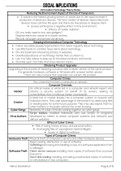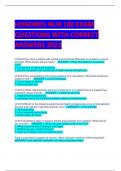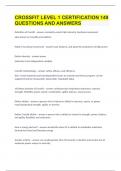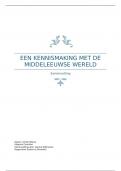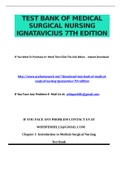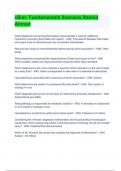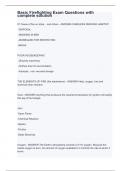Autre
A* Edexcel History Coursework - Development of the Cold War
- Cours
- Établissement
Title: "Historians have disagreed about who was to blame for the development of the Cold War. What is your view about who was to blame for the development of the Cold War?" This coursework achieved 40/40. Warning: This coursework is for inspiration and helpful ideas only. Submitting it as you...
[Montrer plus]




